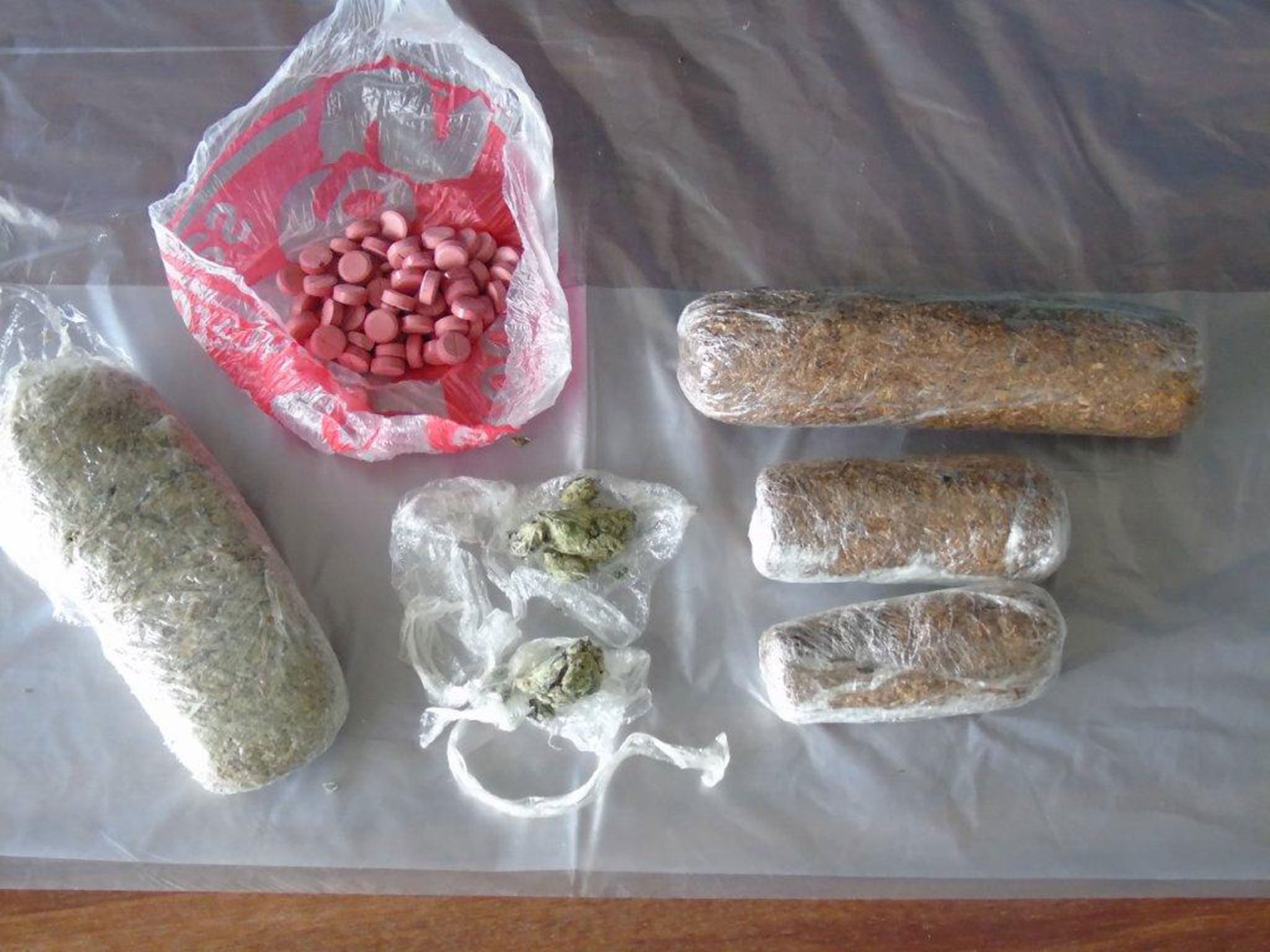Dead rats stuffed with drugs and mobile phones found at prison
‘After finding the rats on patrol, officers noticed they appeared to have been stitched along their stomachs’

Criminals have been stuffing dead rats with drugs, mobile phones and other contraband to be smuggled inside prisons, officials have revealed.
The dead vermin were used to conceal the former “legal high” spice, cannabis, tobacco, mobile phones, chargers, sim cards and cigarette papers at HMP Guys Marsh in Dorset.
“After finding the rats on patrol, officers noticed they appeared to have been stitched along their stomachs,” the Ministry of Justice said.
“Intelligence suggests the rats were thrown over the prison fence by organised criminals, who coordinated with an offender on the inside who was waiting to collect them.
“They were then to be sold throughout the prison, leaving chaos and violence in their wake.”
Prison officials are working with the police to find and prosecute those involved.
Officials said the gruesome discovery – the first of its kind – “illustrates how far smugglers will go to get drugs into prisons”.
Drugs and contraband packages have long been thrown over prison fences, sometimes inside tennis balls or disguised as other objects, and rats may have been used elsewhere undetected.
Criminals have also used drones and pigeons to fly drugs over barriers.
The rise of new psychoactive substances has been cited by the government as a key driver of rising violence in prisons, being linked to drug debt, attacks and gang crime.
But charities say the demand for drugs is being driven by poor conditions and a lack of meaningful activity or control, worsened by the government’s cuts to prison officer numbers and budgets.
A watchdog report on HMP Onley released last week found drugs were so widely available that one in six inmates had developed a habit since entering the jail.
HMP Guys Marsh, a category C training prison for adult men, has been the subject of a number of critical watchdog assessments.
Last year the Independent Monitoring Board reported that prisoners have “easy access” to mobile phones and “make calls at times to suit themselves”.
Officials are attempting to stem the flow of illegal phones amid concerns they are used to facilitate more crime and intimidate victims from behind bars.
In the year to March 2018, there were 13,119 incidents where drugs were found in prisons in England and Wales – a rise of nearly a quarter on the previous year.
Discoveries of mobile phones also increased, rising by 15 per cent to 10,643 instances in 2017-18.
Rory Stewart, the prisons minister, said the government was working to improve prison security across Britain.
“Drugs and mobile phones behind bars put prisoners, prison officers and the public at risk,” he added.
“By toughening security and searching, we can ensure prisons are places of rehabilitation that will prevent further reoffending and keep the public safe.”
Mr Stewart has selected 10 jails for investment and vowed to resign if levels of violence and drug use are not reduced.
The Prison Officers’ Association has claimed resources are being diverted from other struggling jails for the project, with a scanner promised for a jail that saw five drug deaths in just eight months never arriving.
The government has pledged £16m to improve conditions for prisoners and staff and £7m on new security measures, such as scanners, improved searching techniques, phone-blocking technology and a financial crime unit to target criminal gangs working on the inside.
